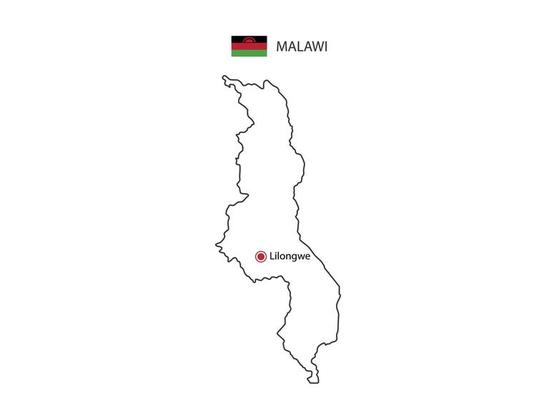Author: Fatia Kiyange, Uganda, et al
The Waterloo Coalition Initiative: Abstract
Background
Fewer than 1 in 20 people on the African continent in need of palliative care receive it. Malawi is a low-income country in sub-Saharan Africa that has yet to achieve advanced palliative care integration accompanied by unrestricted access to pain and symptom relieving palliative medicines. This paper studied the impact of Malawi’s Waterloo Coalition Initiative (WCI) – a local project promoting palliative care integration through service development, staff training, and increased service access.
Methods
Interdisciplinary health professionals at 13 hospitals in southern Malawi were provided robust palliative care training over a 10-month period. We used a cross-sectional evaluation to measure palliative care integration based on 11 consensus-based indicators over a one-year period.
Results
92% of hospitals made significant progress in all 11 indicators. Specifically, there was a 69% increase in the number of dedicated palliative care rooms/clinics, a total of 253 staff trained across all hospitals (a 220% increase in the region), substantive increases in the number of patients receiving or assessed for palliative care, and the number of hospitals that maintained access to morphine or other opioid analgesics while increasing the proportion of referrals to hospice or other palliative care programs.
Conclusion
Palliative care is a component of universal health coverage and Sustainable Development Goal 3. The WCI has made tremendous strides in establishing and integrating palliative care services in Malawi with notable progress across 11 project indicators, demonstrating that increased palliative care access is possible in severely resource-constrained settings through sustained models of partnership at the local level.
View original publication on Springerlink here
Authors: Fatia Kiyange, Mackuline Atieno, Emmanuel B. K. Luyirika, Zipporah Ali, Helena Musau, Lameck Thambo, John Y. Rhee, Eve Namisango & William E. Rosa
